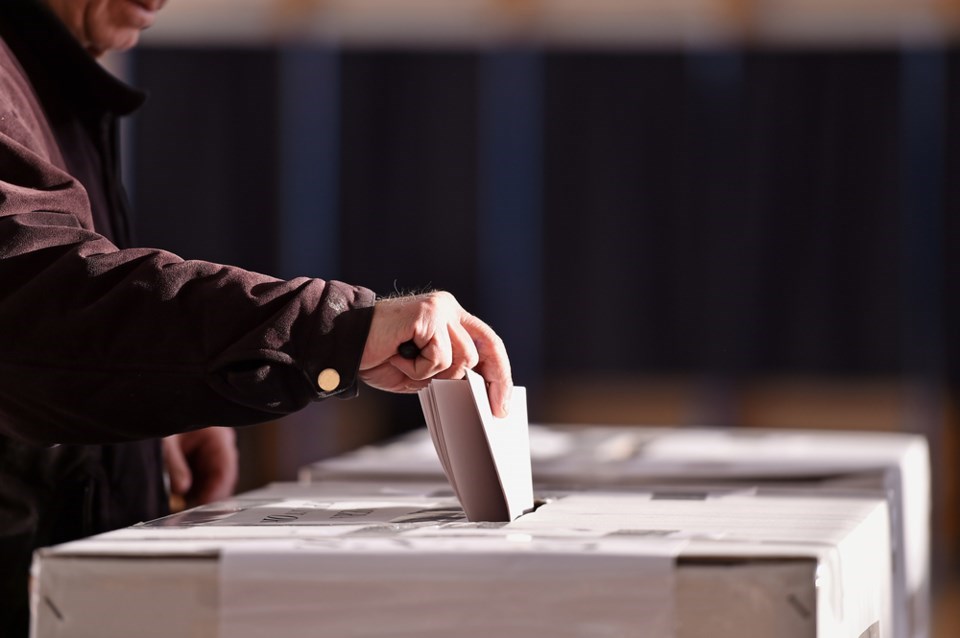THUNDER BAY — Nationwide and locally, this federal election is on track to have the highest voter turnout in more than 35 years.
Elections Canada disclosed Tuesday that an estimated 7.3 million people voted at advance polls April 18-21 across the country. That’s about 25 per cent more than the 5.8 million who voted in advance in the 2021 general election.
In Thunder Bay-Superior North, 15,244 of the riding’s roughly 68,000 eligible voters cast advance ballots, returning officer Dale Mason said.
Numbers from advance polls in neighbouring Thunder Bay-Rainy River and Kenora-Kiiwetinoong were not yet available.
Mason said the local and national numbers suggest that, when the election-day polls close next Monday night, voter turnout will be at a greater percentage than in any federal election since 1988.
In that year, the hot issue of a trade agreement with the United States drove Canada-wide turnout to 75.3 per cent.
No federal general election since then has had even 70 per cent turnout, though 71.8 per cent voted in the Charlottetown Accord referendum of 1992.
In the last federal election, held Sept. 20, 2021, 62.6 per cent of Canada’s eligible electors cast ballots.
Turnout was high for Superior North’s advance polls but “our lines were relatively short,” said Mason.
“One poll had about a one-hour line up for a brief time. But other than that, you know, the lines were sort of two or three Tim Hortons long,” he said, referencing the time a person might expect to spend waiting in line at the popular coffee-and-doughnuts chain.
Elections Canada spokesperson Richard Theoret said riding-by-riding and province-by-province advance poll turnouts will be posted online Wednesday.
The Thunder Bay--Superior North riding includes Marathon, Greenstone, Shuniah, six townships and nearly 20 First Nations. Liberal incumbent Patty Hajdu is facing four challengers: Bob Herman of the Conservatives, Amos Bradley of the People’s Party of Canada, John Northey of the Green Party and the NDP’s Joy Wakefield.
Thunder Bay--Rainy River – which includes Atikokan, Fort Frances, other municipalities and many First Nations within its boundaries – has five candidates: Liberal incumbent Marcus Powlowski, Conservative Brendan Hyatt, New Democrat Yuk-Sem Won, Green candidate Eric Arner and Sabrina Ree of the People’s Party.
Kenora-Kiiwetinoong’s more than 256,000 square kilometres include the cities of Kenora and Dryden, seven other municipalities and dozens of First Nations. Conservative incumbent Eric Melillo is being challenged by the NDP’s Tania Cameron, Liberal Charles Fox, the Greens’ Jon Hobbs, People’s Party candidate Bryce Desjarlais and Independent candidate Kelvin Boucher-Chicago.
